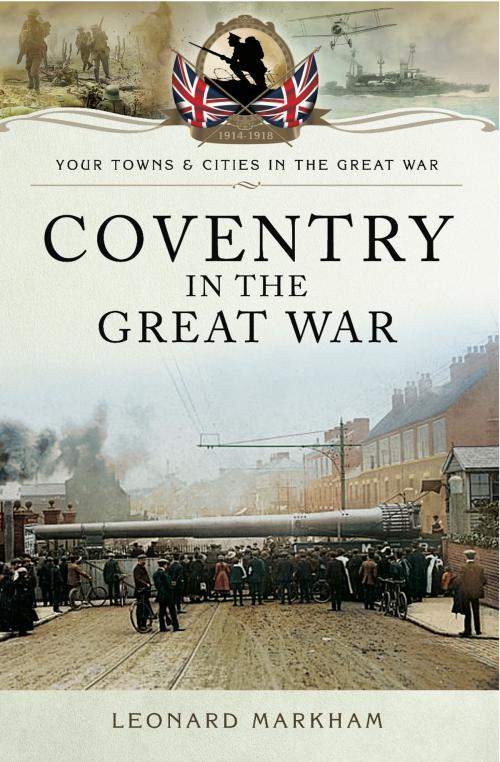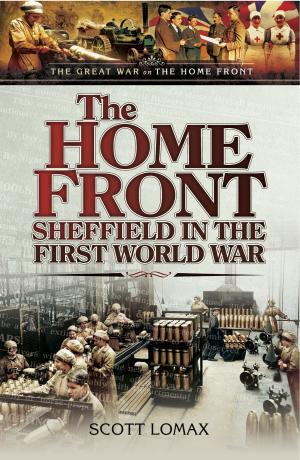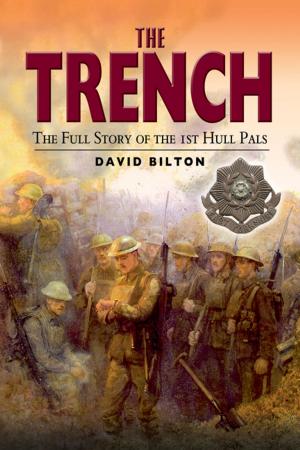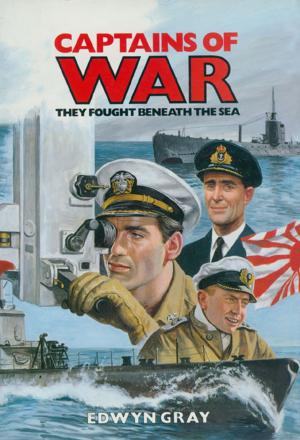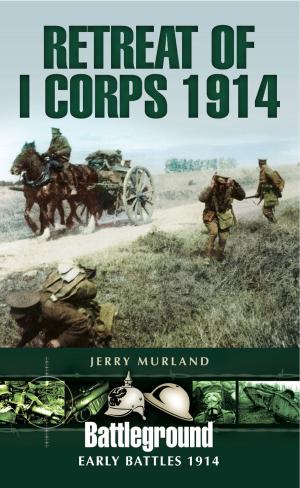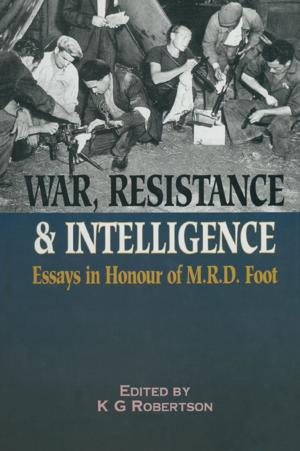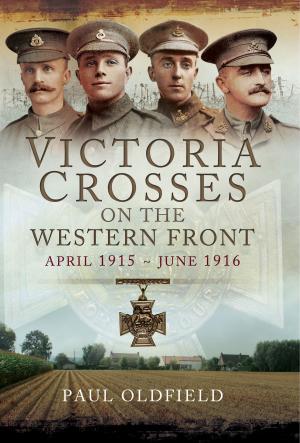| Author: | Leonard Markham | ISBN: | 9781473845053 |
| Publisher: | Pen and Sword | Publication: | November 30, 2014 |
| Imprint: | Pen and Sword Military | Language: | English |
| Author: | Leonard Markham |
| ISBN: | 9781473845053 |
| Publisher: | Pen and Sword |
| Publication: | November 30, 2014 |
| Imprint: | Pen and Sword Military |
| Language: | English |
During World War One, the city of Coventry was a powerhouse that kept the barrels loaded and the engines of war purring. An industrial giant, Coventry produced munitions by the million and built tanks, aircraft and fighting vehicles of every description. It never slept. Coventry in the Great War commemorates the centenary of the outbreak of the conflict in 1914, telling the dour and ungilded story of the people who laboured and endured for over four grueling years. This eclectic narrative of the lives of city residents and incomers alike is juxtaposed with often-bloody accounts from the many theatres of war to give a representative and nuanced picture of one of the darkest chapters in world history. The 100th anniversary of the firing of the first fateful bullet is not a time for celebration but rather an opportunity for quiet reflection and studied lesson learning. The 2,599 men of Coventry who died in the cause of freedom deserve no less. During the First World War, the advanced state of the machine tooling industry in the city meant that pre-war production could quickly be turned to war production purposes, with the Coventry Ordnance Works assuming the role of one of the leading production centres in the UK, manufacturing a quarter of all British aircraft produced during the war. But the experience of war also impacted on the inhabitants of the area, from the initial enthusiasm for sorting out the German Kaiser in time for Christmas 1914, to the gradual realization of the enormity of human sacrifice the families of Coventry were committed to as the war stretched out over the next four years. The Great War affected everyone. At home there were wounded soldiers in military hospitals, refugees from Belgium and later on German prisoners of war. There were food and fuel shortages and disruption to schooling. The role of women changed dramatically and they undertook a variety of work undreamed of in peacetime. Extracts from contemporary letters reveal their heroism and give insights into what it was like under battle conditions.
During World War One, the city of Coventry was a powerhouse that kept the barrels loaded and the engines of war purring. An industrial giant, Coventry produced munitions by the million and built tanks, aircraft and fighting vehicles of every description. It never slept. Coventry in the Great War commemorates the centenary of the outbreak of the conflict in 1914, telling the dour and ungilded story of the people who laboured and endured for over four grueling years. This eclectic narrative of the lives of city residents and incomers alike is juxtaposed with often-bloody accounts from the many theatres of war to give a representative and nuanced picture of one of the darkest chapters in world history. The 100th anniversary of the firing of the first fateful bullet is not a time for celebration but rather an opportunity for quiet reflection and studied lesson learning. The 2,599 men of Coventry who died in the cause of freedom deserve no less. During the First World War, the advanced state of the machine tooling industry in the city meant that pre-war production could quickly be turned to war production purposes, with the Coventry Ordnance Works assuming the role of one of the leading production centres in the UK, manufacturing a quarter of all British aircraft produced during the war. But the experience of war also impacted on the inhabitants of the area, from the initial enthusiasm for sorting out the German Kaiser in time for Christmas 1914, to the gradual realization of the enormity of human sacrifice the families of Coventry were committed to as the war stretched out over the next four years. The Great War affected everyone. At home there were wounded soldiers in military hospitals, refugees from Belgium and later on German prisoners of war. There were food and fuel shortages and disruption to schooling. The role of women changed dramatically and they undertook a variety of work undreamed of in peacetime. Extracts from contemporary letters reveal their heroism and give insights into what it was like under battle conditions.
